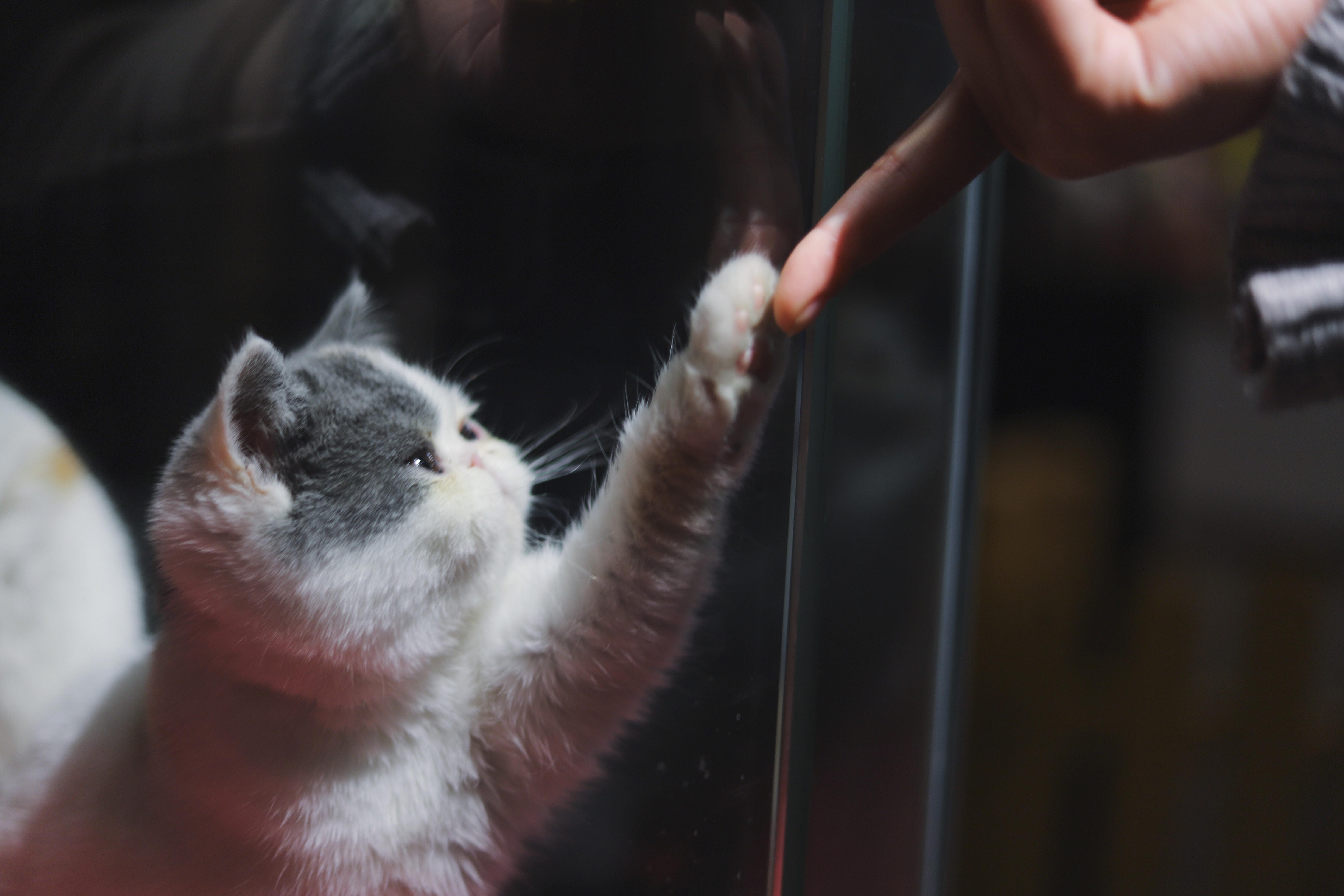From the cuddly housecat to majestic tigers and lions, cats come in all shapes and sizes. But no matter the breed, cats can be vulnerable to some of the same ailments as their human counterparts, including cancer. Feline cancer is a serious and potentially deadly illness, but with early detection, treatment, and care, cats can live long, healthy lives. In this blog post, we’ll explore the causes, symptoms, and treatments of feline cancer, so you can help your furry friend stay healthy.
Feline cancer is a common and serious health issue for cats and it is important to understand the causes, symptoms, and treatments for this medical condition.
What is Feline Cancer?
Feline cancer is a broad term used to describe any type of cancer that affects cats. It is a serious and potentially life-threatening condition that can affect cats of all ages, breeds, and genders. Feline cancer can take many forms, with the most common types being lymphoma, leukemia, and skin cancer. Other types of feline cancer include bone cancer, gastrointestinal cancer, and thyroid cancer.
What Causes Feline Cancer?
The exact cause of feline cancer is unknown, but there are several potential risk factors that may increase a cat’s risk of developing the disease. These risk factors include age, as cats over the age of 10 are more likely to develop cancer than younger cats. Unneutered male cats have a higher risk of developing cancer than neutered males, and outdoor cats are also more likely to develop cancer due to exposure to environmental toxins.
Certain breeds of cats, such as Siamese and Burmese cats, are also at a higher risk for developing feline cancer. Some research suggests that exposure to certain chemicals, such as those found in second-hand smoke, can also increase a cat’s risk of developing cancer.
What Are the Symptoms of Feline Cancer?
The symptoms of feline cancer can vary depending on the type of cancer and the stage of the disease. Common symptoms include weight loss, loss of appetite, coughing, vomiting, diarrhea, and difficulty breathing. Other symptoms may include lethargy, lameness, and changes in behavior. If your cat is exhibiting any of these symptoms, it is important to contact your veterinarian right away.

How Is Feline Cancer Diagnosed?
If your veterinarian suspects that your cat may have cancer, they will perform a physical examination and take a detailed medical history. Depending on the type of cancer suspected, your veterinarian may also recommend additional tests such as blood tests, X-rays, ultrasounds, and biopsies.
How Is Feline Cancer Treated?
The type of treatment recommended for feline cancer will depend on the type and stage of the cancer, as well as the overall health of your cat. Treatment options may include chemotherapy, radiation therapy, surgery, and immunotherapy. It is important to speak with your veterinarian to determine the best treatment option for your cat.
In addition to traditional treatments, there are also alternative treatments that may be beneficial for cats with cancer, such as acupuncture and herbal remedies. It is important to speak with your veterinarian before beginning any type of alternative treatment.
Caring for a Cat With Cancer
Caring for a cat with cancer can be a difficult and emotional experience for both you and your cat. It is important to provide your cat with a safe and comfortable environment, as well as plenty of love and affection. It is also important to provide your cat with a nutritious, balanced diet and plenty of exercise.
Conclusion
Feline cancer is a serious and potentially life-threatening condition that can affect cats of all ages, breeds, and genders. It is important to be aware of the potential causes, symptoms, and treatments for this medical condition. If your cat is exhibiting any of the symptoms of cancer, it is important to contact your veterinarian right away. With early diagnosis and proper treatment, cats with cancer can live long and happy lives.
Feline cancer can be a serious and often deadly disease, but with the right knowledge and quick action, it can be successfully treated. It is important to be aware of the causes, symptoms, and treatments of feline cancer, so that pet owners can recognize it early and seek prompt medical attention. With the right preventative care, proper nutrition, and regular vet visits, cats can live longer, healthier lives for years to come. Taking the steps to protect your cat from cancer can save your pet’s life and give you more years to enjoy their companionship.







